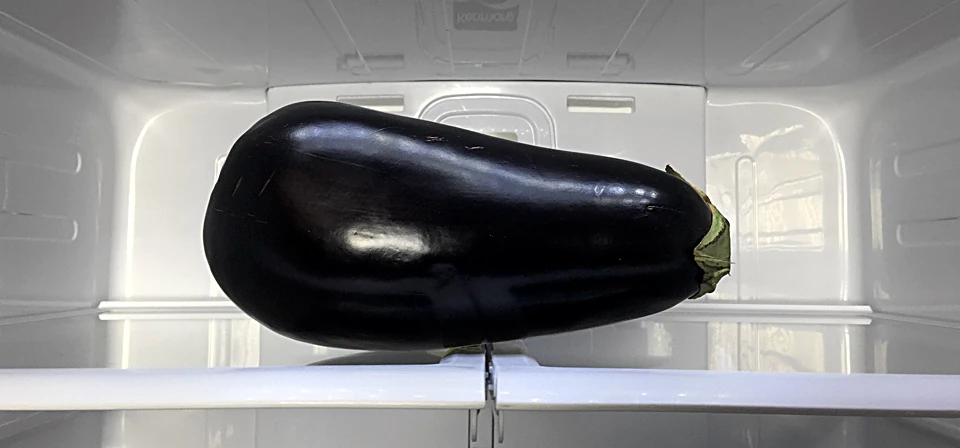A: Is there any water in the refrigerator?
B: Yes.
A: Where? I don’t see it.
B: In the cells of the eggplant.1
Was “there is water in the refrigerator” true?
We can use systematic rationality more effectively—in science, engineering, management, and policy—by investigating this question, and the problems and opportunities that exploration reveals.
What do “truth” and “belief” mean? That sounds like a typical ivory-tower philosophical puzzle. Most such questions can’t be answered, and “correct” answers, if they existed, wouldn’t make any practical difference. However, wrong ideas about “truth” and “belief” have large practical consequences, so getting a better understanding is important.
In practical terms, the meanings of “truth” and “belief” seem obvious enough. The sentence “HIV causes AIDS” is true because its meaning corresponds to reality: HIV does cause AIDS. Believing it means that you think the world is that way.
Rationalists may describe rationalism as a commitment to trying to believe only true statements. Irrationalists and anti-rationalists dismiss truth: either because true facts contradict their ideological agendas, or out of plain ignorance. Meta-rationalism defends “truth” against irrationalists, but rejects “truth” as misunderstood by rationalists.
Believing true things matters. “HIV causes AIDS” is true, and figuring that out saved tens of millions of lives. Some politicians, religious leaders, and “alternative medicine” advocates said they “didn’t believe” HIV causes AIDS. On that basis, they blocked HIV prevention and treatment, causing hundreds of thousands of horrible, unnecessary deaths.
Near the end of this book, we’ll find that the sense in which “HIV causes AIDS” is true is more complex, strange, mysterious, interesting, and consequential than you’d probably think. I’ll explain the relevant biology in detail—and I suspect you will be surprised! There are practical public health consequences to the unexpected sense in which “HIV causes AIDS” is true.
So… was there water in the refrigerator?
The answer can only be “It depends on who is asking, and why.” In what sense is “yes” true or false?
“In what sense?” is a characteristically meta-rational question. “Yes, there is water: in the cells of the eggplant” is true in some sense—probably not a useful one, although that depends on the asker’s purpose and the context. (Maybe they are going to clean the fridge with a chemical that would react violently with even the water in the cells of the eggplant.) It’s false in another, probably more relevant sense: something to drink.
Rational methods are often the best way to find truth. Recovering accurate, effective senses of “truth,” “belief,” and “rationality” requires major re-thinking, and much of The Eggplant is about that.
Our aim is not to undermine truth, to declare that it is “socially constructed” and therefore a matter of arbitrary tribal opinion, but to rescue it by giving a more detailed and accurate understanding than is possible in the rationalist framework.
- 1.This dialog is from the meta-rational book Understanding Computers and Cognition: A New Foundation for Design by Terry Winograd and Fernando Flores. I discuss it in detail later.
